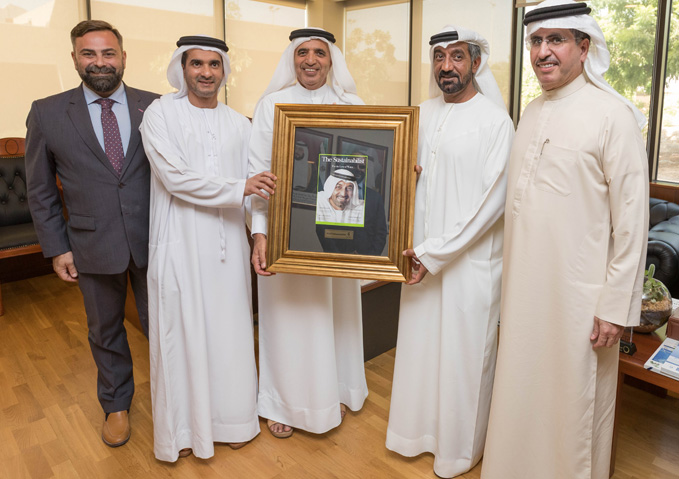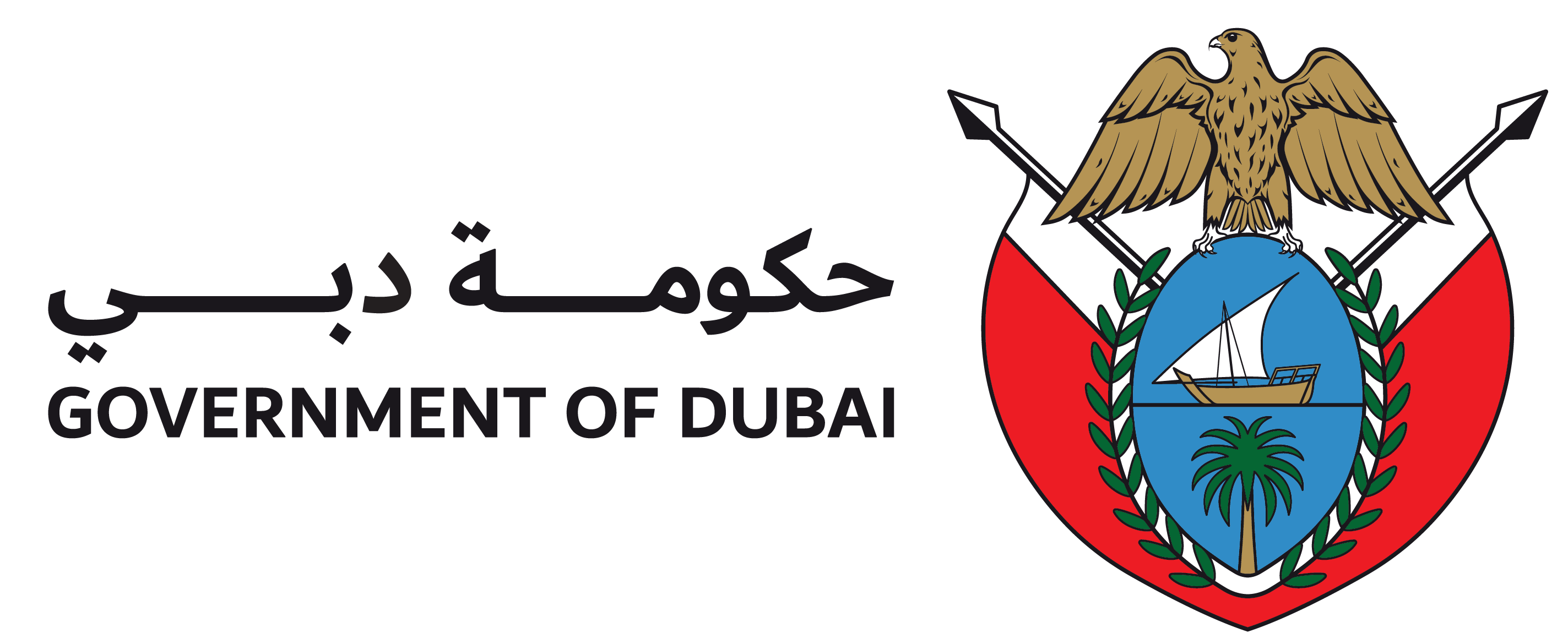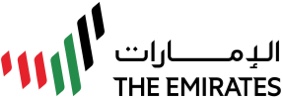Dubai Supreme Council of Energy commends DEWA for the UAE maintaining its 1st global ranking for getting electricity

HH Sheikh Ahmed bin Saeed Al Maktoum, Chairman of the Dubai Supreme Council of Energy chaired the Dubai Supreme Council of Energy’s 52nd meeting, attended by HE Saeed Mohammed Al Tayer, Vice Chairman of the Supreme Council of Energy. The meeting was also attended by HE Ahmed Buti Al Muhairbi, Secretary General of the Supreme Council of Energy and other board members including HE Dawood Al Hajiri, Director General of Dubai Municipality; HE Saif Humaid Al Falasi, CEO of Emirates National Oil Company (ENOC); HE Abdullah Abdul Kareem, Director General of the Department of Oil Affairs; Waleed Salman, Vice Chairman of the Dubai Nuclear Energy Committee; Nasser Abu Shehab, CEO of the Strategy & Corporate Governance Sector at the Roads & Transport Authority (RTA); and Frederick Chemin, General Manager of Dubai Petroleum.
The meeting discussed several topics, notably the results of the World Bank’s Doing Business 2019 report, which measures the ease of doing business in 190 economies around the world. The UAE, represented by Dubai Electricity and Water Authority (DEWA), has maintained its 1st position globally for getting electricity, for the second consecutive year. The meeting also reviewed the results of a Greenhouse Gas emissions study in Dubai, where the Emirate recorded a decrease of 4 million tonnes of carbon dioxide emissions compared to last year. This is the result of implementing energy conservation initiatives and programmes combined with the growing use of solar power. The Council also discussed a proposal to make it compulsory for government buildings in Dubai to install photovoltaic solar panels to produce at least 10% of its annual electricity consumption from clean energy.
“The Dubai Supreme Council of Energy’s 52nd board meeting, chaired by His Highness Sheikh Ahmed bin Saeed Al Maktoum, commended the results of the World Bank’s Doing Business report, where the UAE climbed from 21st to 11th position globally. The UAE, represented by DEWA, maintained the first position globally in getting electricity for the second consecutive year. In an unprecedented global achievement, DEWA achieved 100% in all Getting Electricity indicators in the report. This achievement is the result of the directions of our wise leadership to develop government services and promote the business environment in the UAE, as well as the joint efforts of local and federal organisations to launch innovative initiatives that contribute to enhancing the country’s global competitiveness,” said Al Tayer.
Al Tayer noted that the efforts of the government organisations in Dubai in energy and water conservation and raising awareness about protecting the environment and its natural resources, in line with the Demand Side Management Strategy, which aims to reduce demand by 30% by 2030, as well as DEWA’s efforts to increase the share of solar power have contributed to reducing 4 million tonnes of carbon dioxide emissions compared to last year.
Al Tayer said that DEWA continues its efforts to produce more clean energy as part of the Dubai Clean Energy Strategy 2050, to produce 75% of Dubai’s total power output from clean energy and make Dubai the city with the lowest carbon footprint in the world by 2050. The 200MW first project of the third phase of the Mohammed bin Rashid Al Maktoum Solar Park became operational in May this year, bringing the total clean energy produced by the solar park to 413MW, one step closer to the targeted 5,000MW by 2030. A total of 1,187 buildings with a capacity of 58.3MW have been connected to DEWA’s grid as part of the Shams Dubai initiative to encourage building owners to install solar panels to produce clean energy and connect them to DEWA’s grid.
“In light of the results of the Greenhouse Gas emissions study in Dubai, which revealed a reduction in carbon dioxide emissions, the Dubai Supreme Council of Energy discussed the possibility of making it compulsory for government departments and organisations in Dubai to install photovoltaic panels to generate at least 10% of their annual electricity use. This will increase clean energy production in the Emirate and reduce energy demand and carbon emissions,” said Al Muhairbi.


